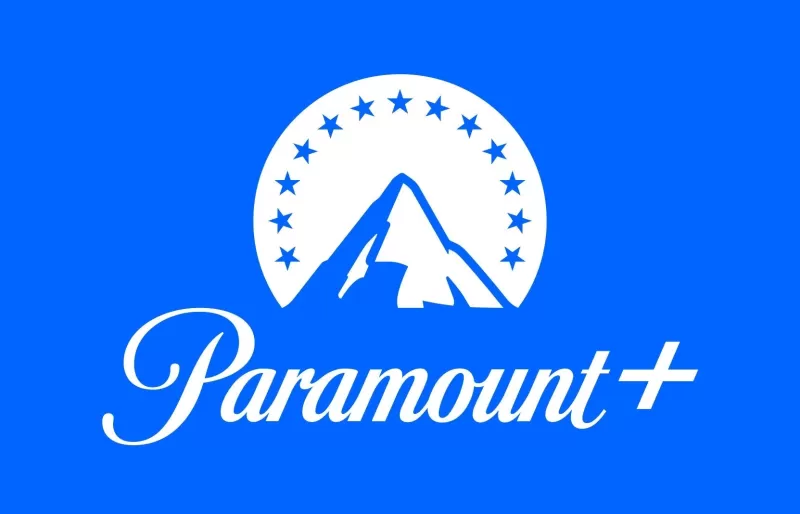The medieval zombie survival game God Save Birmingham made a dramatic entrance in April with an 8-minute “gameplay” trailer that quickly went viral, igniting both excitement and skepticism in equal measure. While some praised its gritty aesthetic and unique setting, others were quick to question its authenticity—particularly given its distinctly polished animations and cinematic flair. Jokes about its Birmingham backdrop aside, a growing chorus wondered whether what they were watching was actual gameplay or highly refined pre-rendered footage crafted to mislead players.
The criticism intensified when comparisons emerged to The Day Before, one of the most infamous game launches in recent years. Marketed as the "next generation of post-apocalyptic MMO open-world survival games," The Day Before launched in Early Access to widespread disappointment, delivering a broken, underdeveloped extraction shooter instead of the promised immersive experience. It earned a rare 1/10 from IGN, and its shutdown was announced just four days after release, cementing its reputation as a cautionary tale.
Given this context, God Save Birmingham faced immediate scrutiny. Accusations of being a “fake game” or even a “scam” began circulating online. In response, Korean publisher Kakao Games and developer Ocean Drive took a transparent approach—bringing a playable demo to PAX East and releasing an updated gameplay video that presented a more grounded, realistic look at the game’s current development state. This new footage helped temper some of the initial doubts, offering a clearer picture of the game’s mechanics and progress.
Yet, the shadow of The Day Before still lingers. During an interview with Ocean Drive CEO and founder Jae Kim and head of publishing Jungsoo Lee, I set out to understand whether God Save Birmingham could ever fully escape that comparison. Surprisingly, both executives appeared unfazed—acknowledging the parallels but expressing confidence in their vision. Rather than shying away from the controversy, they welcomed the conversation, seeing it as a sign of high expectations and active community engagement. Their openness suggests a team committed to transparency, aiming to rebuild trust through demonstrable progress and honest communication.








![Taffy Tales [v1.07.3a]](https://imgs.xfsxw.com/uploads/32/1719554710667e529623764.jpg)











